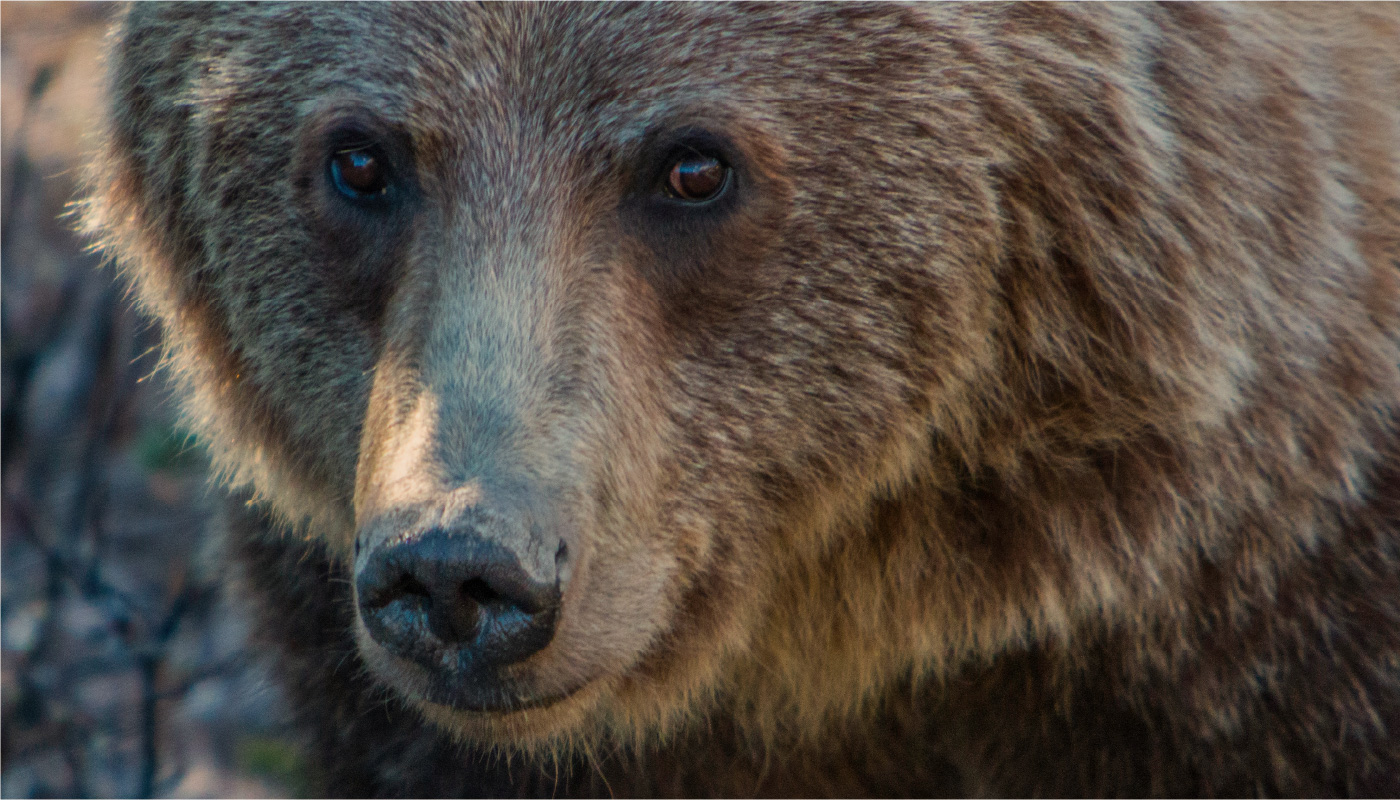Land use in the Upper Columbia region of British Columbia is a growing concern for many groups. Simultaneously, approaches to land management in B.C. are changing quickly, in an effort to right previous wrongs with respect to the dispossession of Indigenous land.
The province has been working to develop a new planning framework, through the Modernized Land Use Planning (MLUP) program, that supports reconciliation with Indigenous communities, ensures involvement of stakeholders, and reflects the complexity of current land management.
However, advancement has been limited by time and resource availability. As a result, most communities, including those in the Upper Columbia, remain without modern and relevant guidance on how to coordinate land use across the landscape, and no clear timeline on opportunities to participate.
With increased conflict between user groups, more proposals for commercial tenures, and tipping point pressure on wildlife and ecosystems, people, organizations and communities are asking “What’s the plan?”
“This whole (process) is not about the trails. It’s about how we interact with each other on the land, and… the relationships we have with each other.”
Fraser Basin Council Representative
What is community-based planning?
Community-based planning is a process where people work together to shape their future by developing a comprehensive plan, informed by their needs. It is centered on open dialogue, deep collaboration, and consensus decision-making. Planning efforts are conducted by residents in ways that link to local, provincial, or Indigenous government planning systems. The process directly engages leaders and the public in an active effort to “move their community from today’s reality to tomorrow’s possibilities.
Getting ready and tools for success
Researchers from Selkirk Innovates recently explored how communities can be ready to engage in land use planning and what factors are important in the design of these processes. Research included a review of case studies from across Western North America and interviews with government officials and practitioners advancing this work in B.C.
Y2Y is pleased to share this very informative and insightful research with you.
Opportunities and Best Practices for Community-based Land Use Planning in the Upper Columbia
Learn more about best practices and criteria for readiness to participate in land use planning processes in B.C. Watch this workshop, given January 18, 2022 by researchers Lauren Rethoret and Moe Nadeau of Selkirk Innovates. They share more details on the case studies reviewed and lessons from government officials and practitioners advancing this work.
Additional resources and readings
In addition to the readings and references in the full report, here are some additional tools and resources that may be of interest:
- Effective Practices Guide for Land Use Planning by First Nations in B.C.
- Modernizing Land Use Planning in British Columbia: Working with Communities Fact Sheet (2020)
- Provincial government hub for active land use planning projects in B.C.
- Policy and guidance materials to support modernized land use planning
- Kootenay-Boundary Land Use Plans
- Exploring Ethical Space for land use planning in the Upper Columbia region of British Columbia


